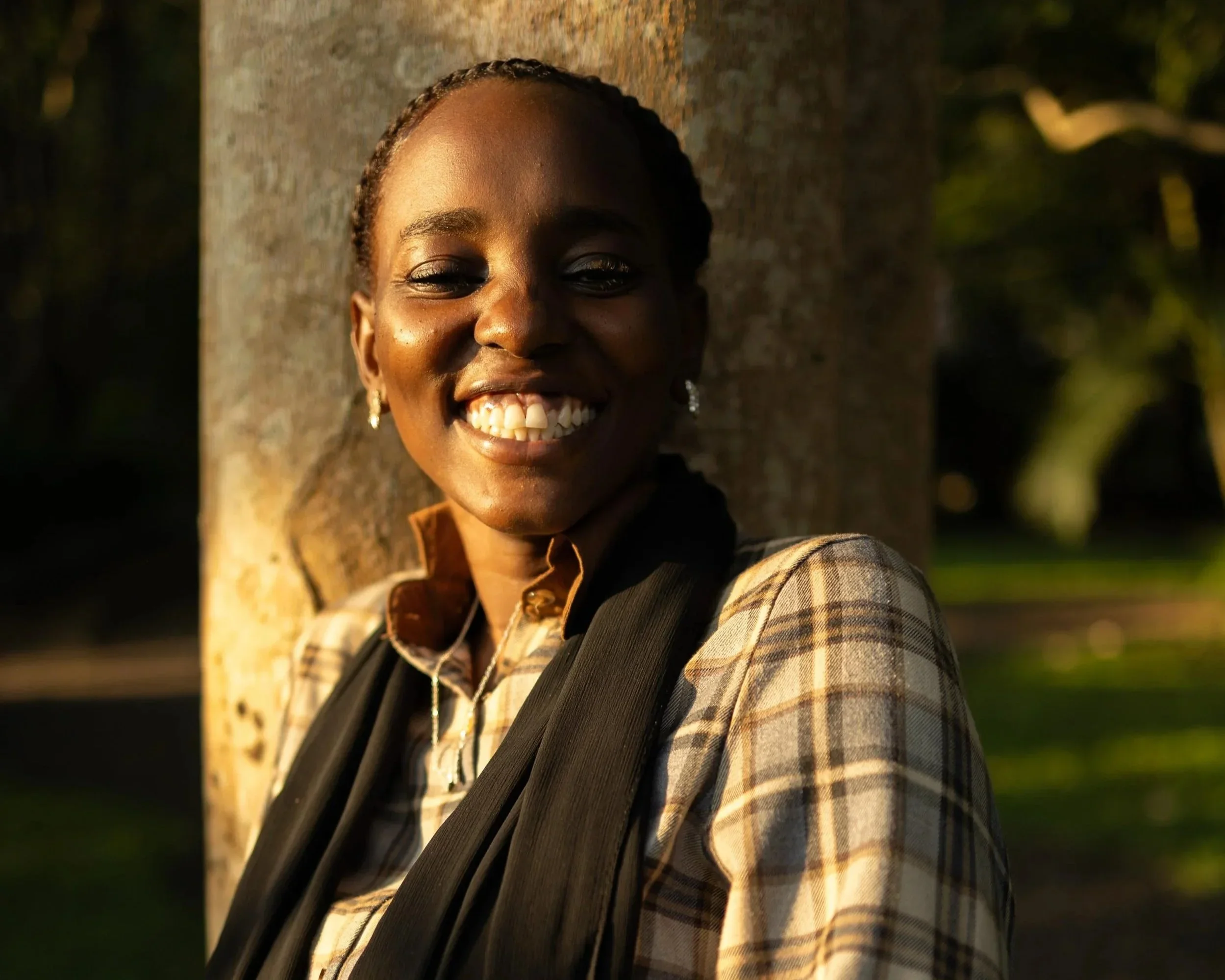The Postgraduate Programme
If you are a resident of Uganda, Sudan, South Sudan or Somaliland, you may be eligible to apply for a postgraduate scholarship to study up to Master’s level.
Applications for 2025/26 are now closed, but you can find out more about our programmes below.
What are we looking for?
Whichever programme you study on, what we’re looking for does not change. We assess all candidates equally against our scholarship priorities. These are:
Giving back: We ask scholarship recipients to put what they learn into practice in the future for the benefit of their communities, regions and to the broader Windle community. If you have a track record of community involvement, your application will be considered favourably.
Student status: We give scholarships to people who have refugee status, have been internally displaced, marginalised, in need, or otherwise affected by conflict.
Financial need: You should be able to demonstrate genuine financial need, and be unable to meet the costs of your study independently.
Gender: To address the huge gender inequality in education among the communities in which we work, all else being equal, we seek to give priority to girls and women. One of our key focuses is on dealing with the disparity in communities, schools, and employment sectors by offering scholarship opportunities that empower women.
Origin and coverage: We give scholarships to people who are resident in the regions of Africa in which we work. In practice this means that you should be resident in specific conflict-affected areas of Kenya or Uganda, or throughout the entireties of Sudan, South Sudan or Somaliland.
All of our scholarships support the development of leadership and skills in African communities: you are expect to return to your current country within one month of the completion of the studies, or within the validity of your study visa, whichever is shorter.
Our scholarships must not be seen as a route to asylum and we will not support asylum claims from scholarship recipients under any circumstances.
How our scholarships have helped
What does a Postgraduate Programme scholarship include?
Whether in the UK, Africa or online, your Postgraduate Programme scholarship will include:
Fully funded academic tuition fees
A maintenance stipend for the entire period of study (1 year in the UK, 2 years in East Africa)
Return airfare between the candidate’s country of residence and country of scholarship (for scholarships overseas)
Leadership development training
Attendance at themed conferences and workshops
Welfare and pastoral support throughout the programme of study
Orientation on issues such as adapting to life in your host country, dealing with culture shock, managing finances, study methods and access to essential services.
Postgraduate Opportunities
-

Refugee and IDP Scholarships in the UK
Master’s scholarships in the UK, exclusively for refugees and IDPs resident in Sudan, South Sudan or Uganda.
Applications have now closed.
-
James Aryam Master's Scholarships in Uganda
For all residents of Sudan, South Sudan and Somaliland, as well as Sudanese refugees in Uganda.
Applications have now closed.





